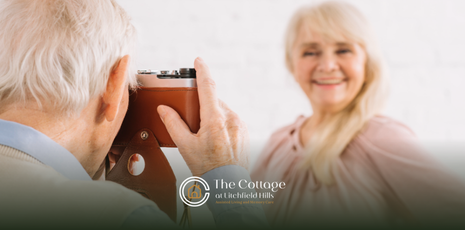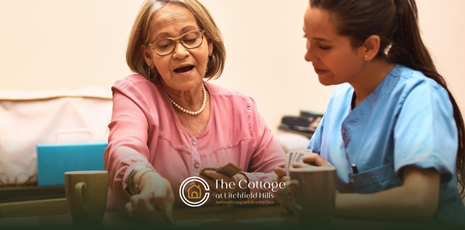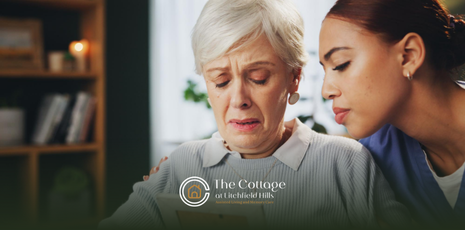Does My Mom Need Assisted Living or Memory Care?

If your mom is struggling with daily tasks like bathing, dressing, or cooking but is mentally sharp, assisted living may be the right choice. It offers support while promoting independence in a social, homelike setting.
If she’s showing signs of memory loss, confusion, wandering, or a dementia diagnosis, memory care may be more appropriate. These communities provide a secure environment, staff trained in dementia care, and structured routines to reduce anxiety and promote safety.
Start by assessing her behavior: Is she forgetting names, getting lost, or mismanaging medications? These may point to memory care. If she simply needs help with physical tasks, assisted living could be a better fit.
For help navigating this decision with expert guidance and compassionate care options, contact The Cottage at Litchfield Hills today!
Frequently Asked Questions
What’s the main difference between the two?
Memory care includes specialized dementia support; assisted living does not.
Can my mom start in assisted living and transition later?
Yes, many communities offer both levels of care.
How do I know if it’s time?
Behavioral changes, safety concerns, or caregiver burnout are key signs.
Sources:
- https://www.aplaceformom.com/caregiver-resources/articles/assisted-living-vs-memory-care
- https://pmc.ncbi.nlm.nih.gov/articles/PMC9250544/






